Optimal Timing for Arborist Services
Understanding the optimal timing for arborist services ensures healthy tree maintenance and safety. Proper scheduling can prevent disease spread, reduce hazards, and promote vigorous growth.
Spring is ideal for pruning and inspecting trees as they emerge from dormancy, promoting healthy growth and early detection of issues.
Summer is suitable for pest management and trimming to maintain tree health during active growth periods.
Fall is optimal for pruning to remove dead or diseased branches and prepare trees for winter.
Winter allows for safety-focused tasks like removal of hazardous limbs when trees are leafless and easier to access.
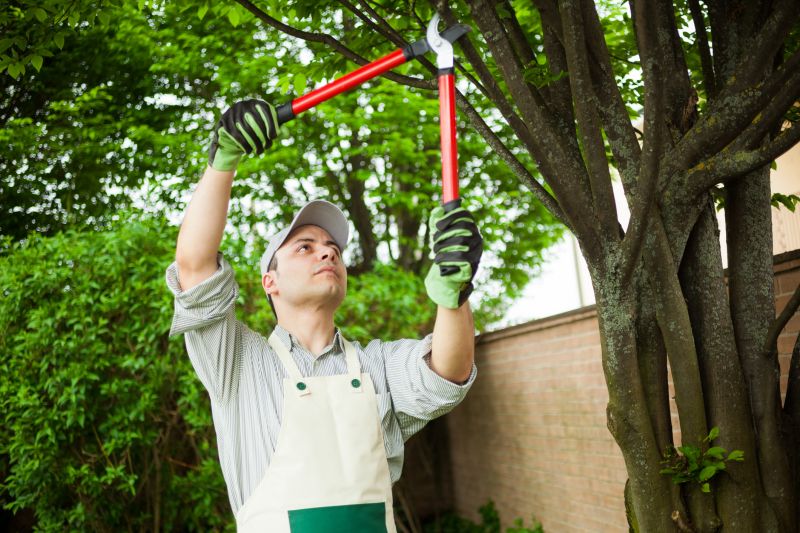
Arborists perform pruning to encourage healthy growth and flowering.
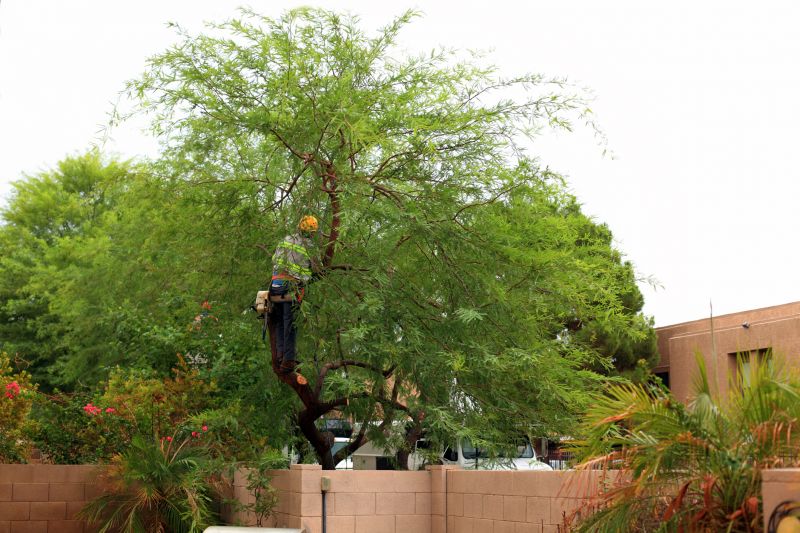
Maintaining tree health during peak growing season.
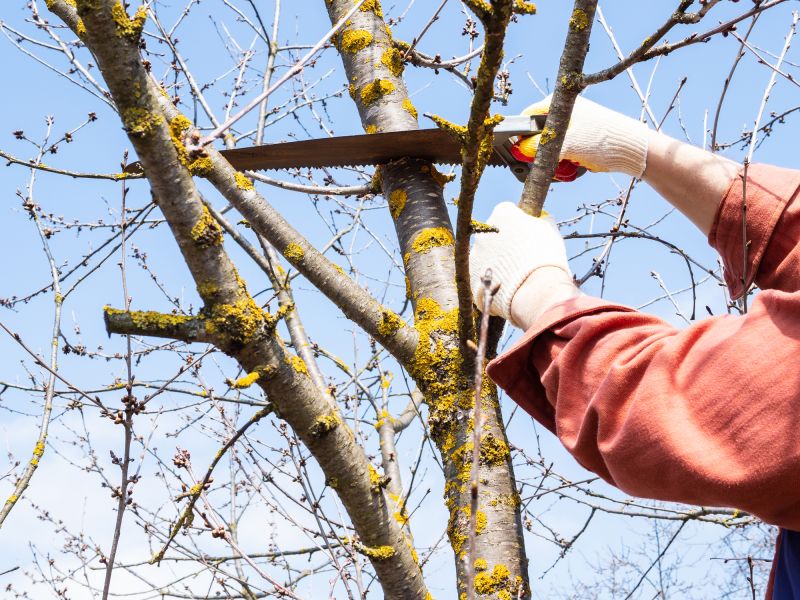
Pruning and cleanup for winter readiness.
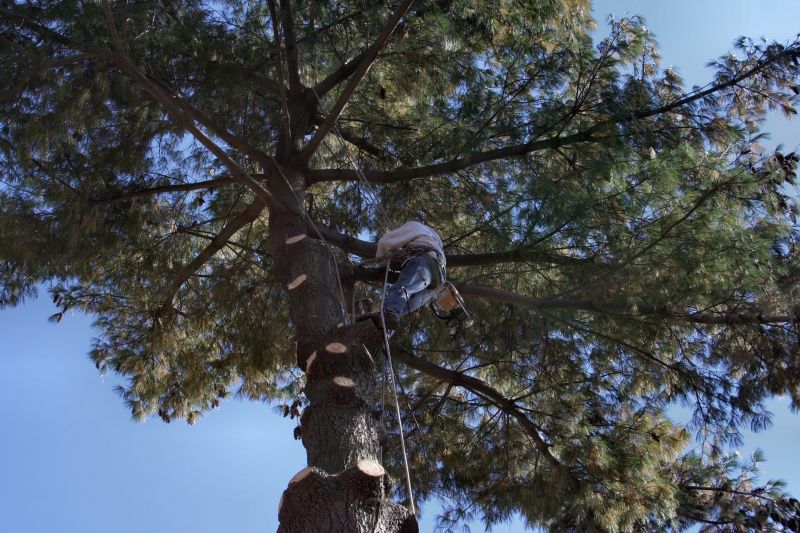
Ways to make Arborist Service work in tight or awkward layouts.
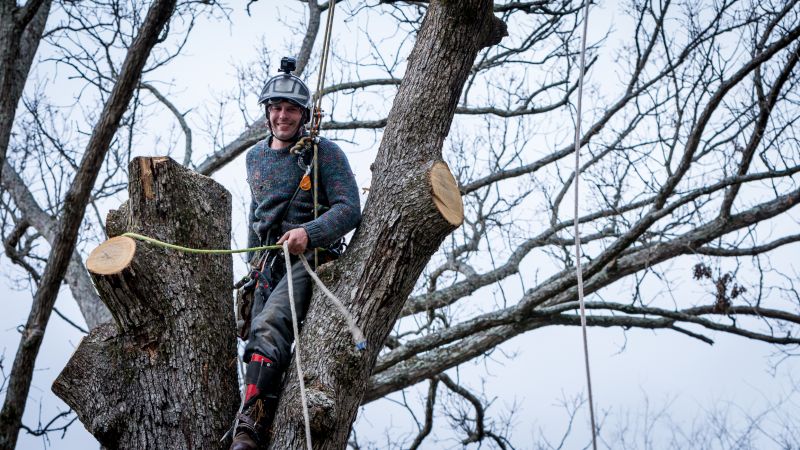
Popular materials for Arborist Service and why they hold up over time.
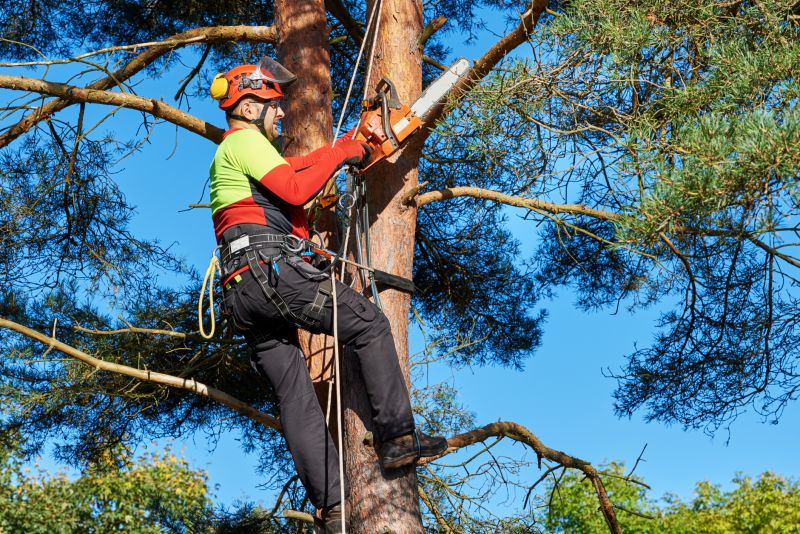
Simple add-ons that improve Arborist Service without blowing the budget.
| Season | Recommended Arborist Activities |
|---|---|
| Spring | Pruning, disease inspection, early fertilization |
| Summer | Pest control, trimming, health assessments |
| Fall | Pruning, cleanup, preparing for dormancy |
| Winter | Hazard removal, tree removal, safety assessments |
Arborist services encompass a range of practices aimed at maintaining the health, safety, and aesthetics of trees. Regular inspections can identify potential hazards early, while targeted treatments support vigorous growth and longevity. Tree care professionals utilize specialized techniques, including pruning, cabling, and removal, tailored to seasonal needs. Data shows that timely arborist interventions can reduce the risk of storm damage, improve tree vitality, and extend the lifespan of urban and landscape trees.
Effective scheduling of arborist services considers local climate, tree species, and specific site conditions. Consulting with an arborist during appropriate seasons ensures that interventions are performed when trees are most receptive, minimizing stress and maximizing health benefits.
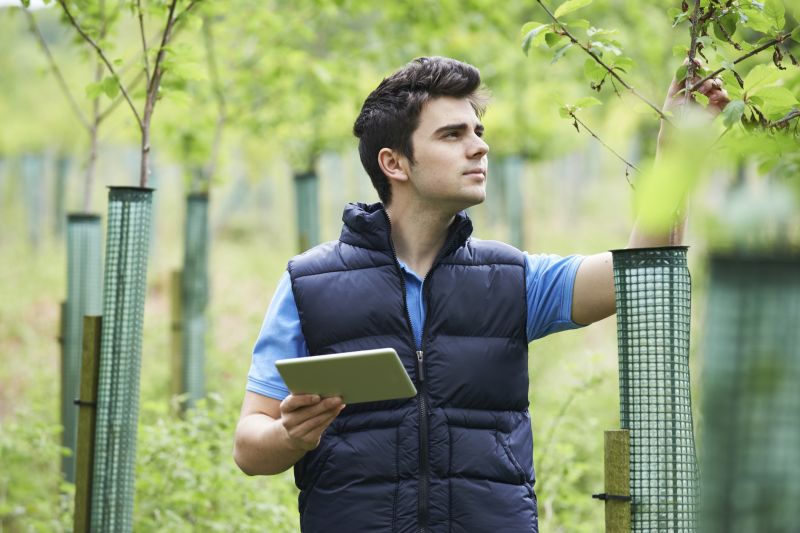
Arborists assess tree health and structural integrity.
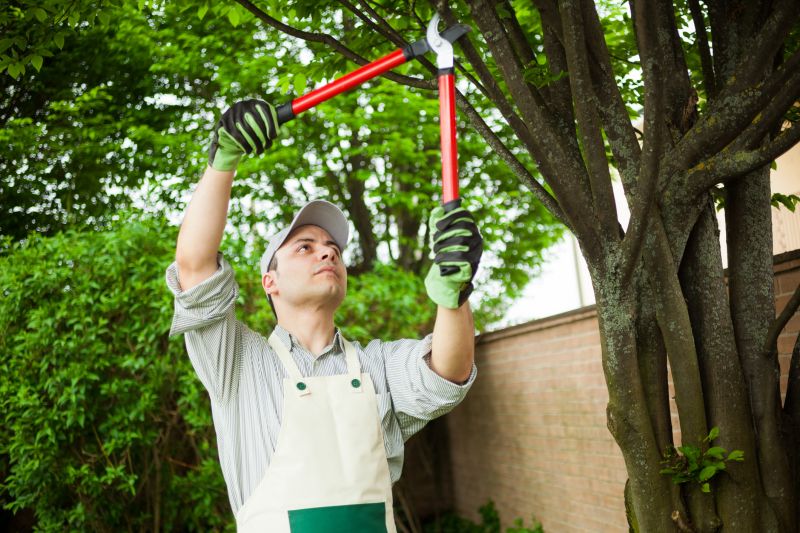
Selective trimming to promote growth and safety.
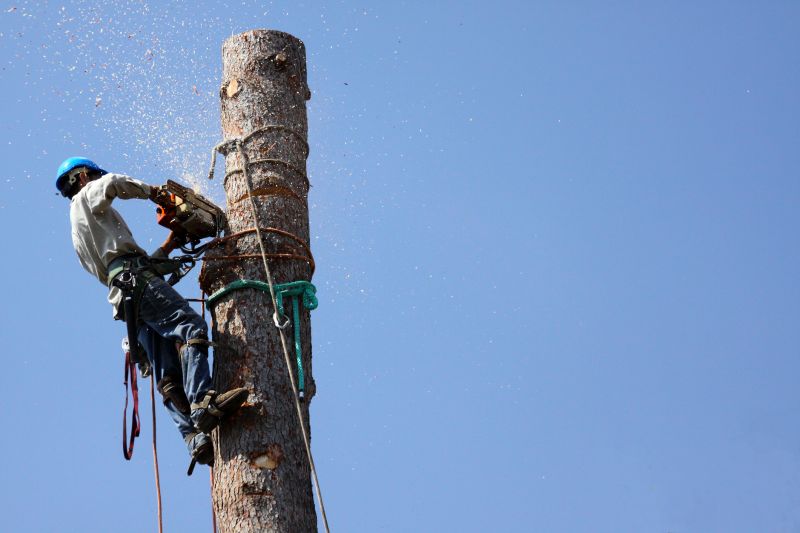
Removing dangerous limbs and trees to prevent damage.
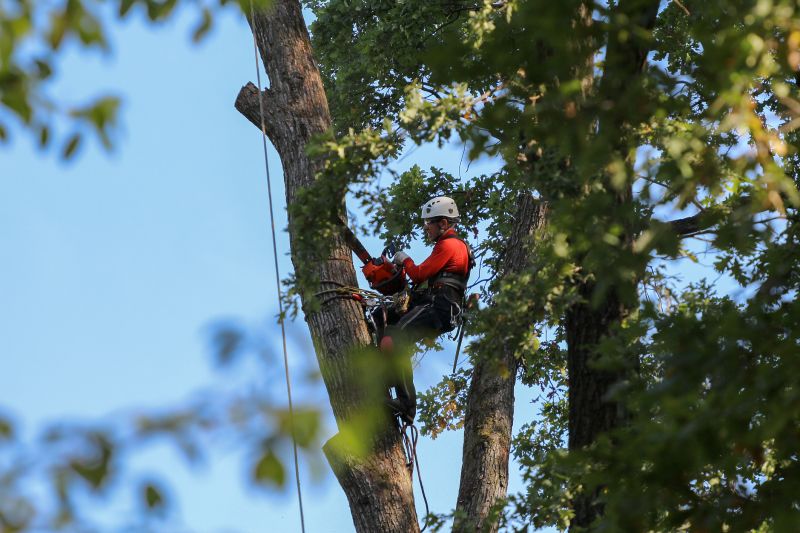
Safe removal of dead or hazardous trees.
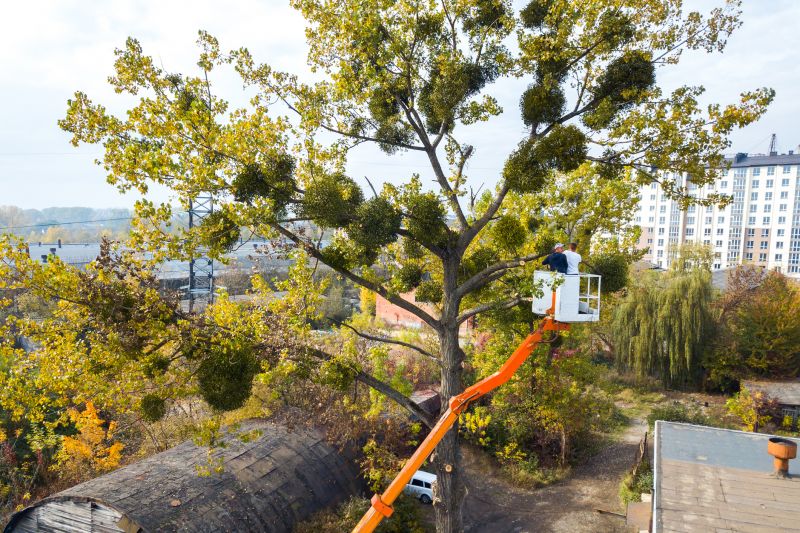
High-end options that actually feel worth it for Arborist Service.
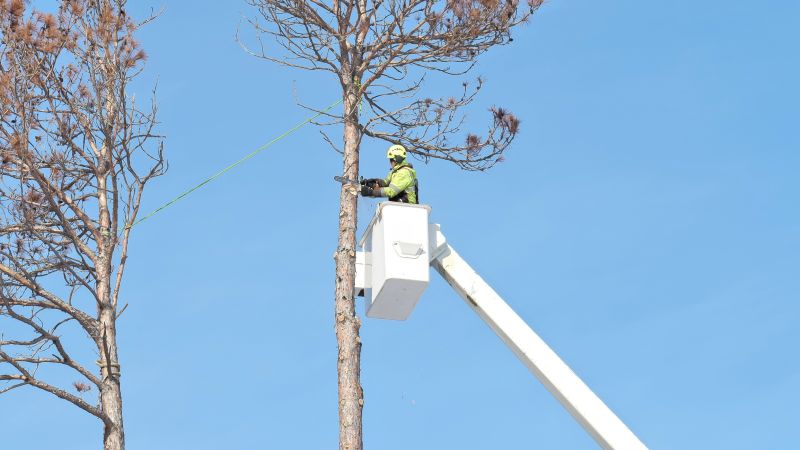
Finishes and colors that play nicely with Arborist Service.
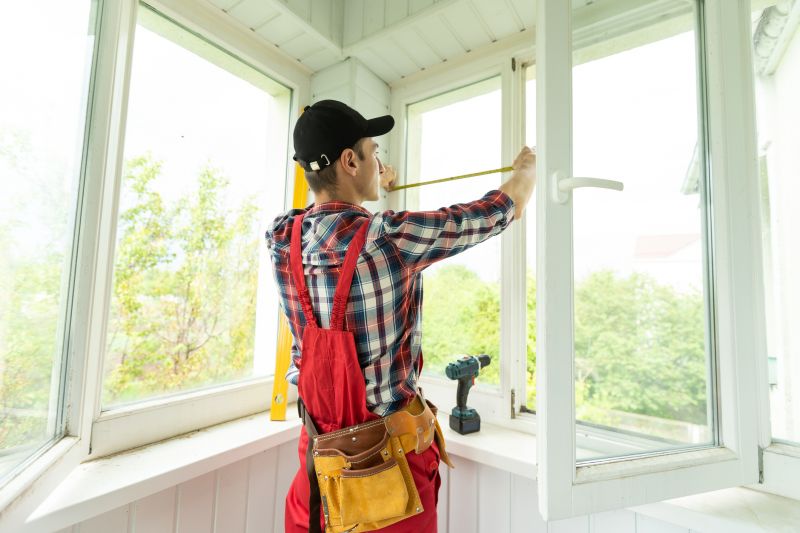
Little measurements that prevent headaches on Arborist Service day.
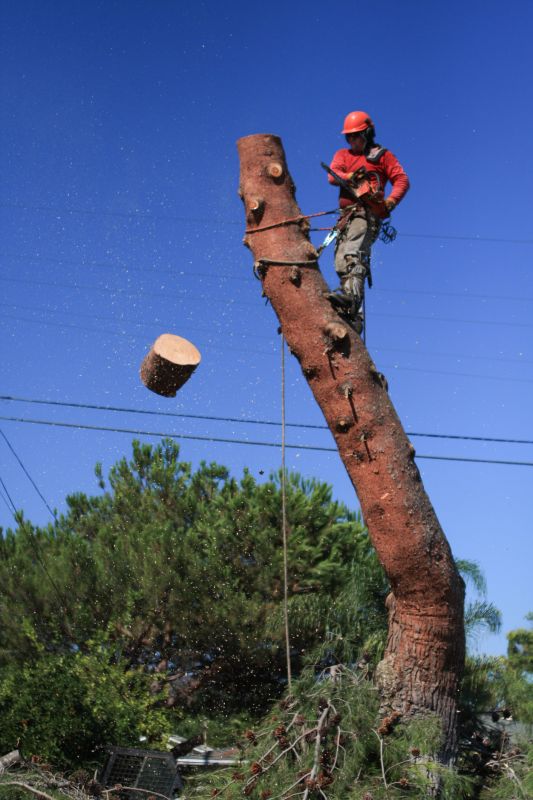
A 60-second routine that keeps Arborist Service looking new.
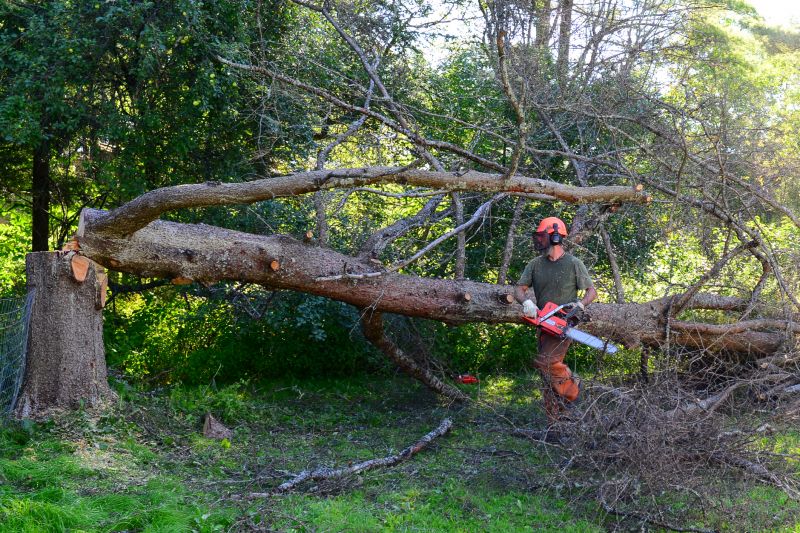
A frequent mistake in Arborist Service and how to dodge it.
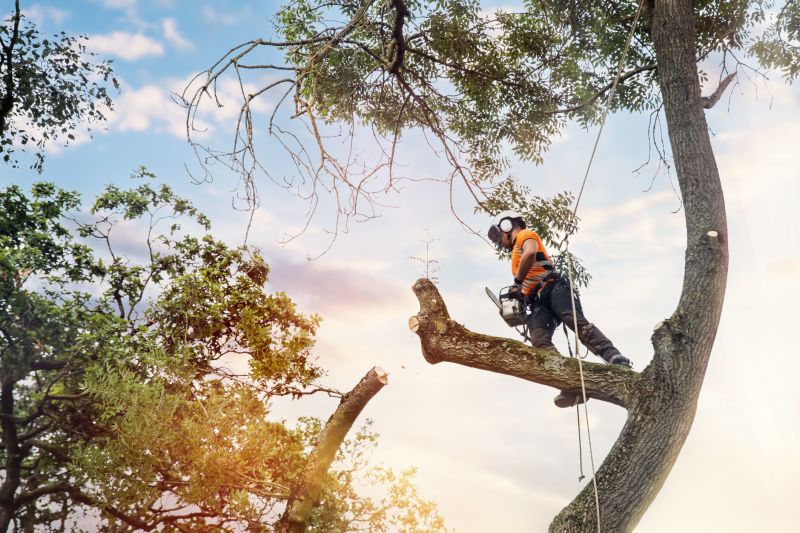
Small tweaks to make Arborist Service safer and easier to use.
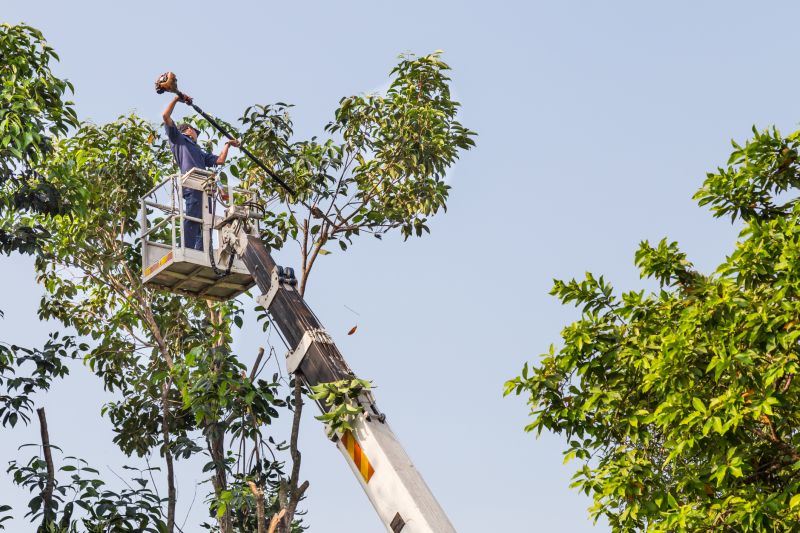
Lower-waste or water-saving choices for Arborist Service.
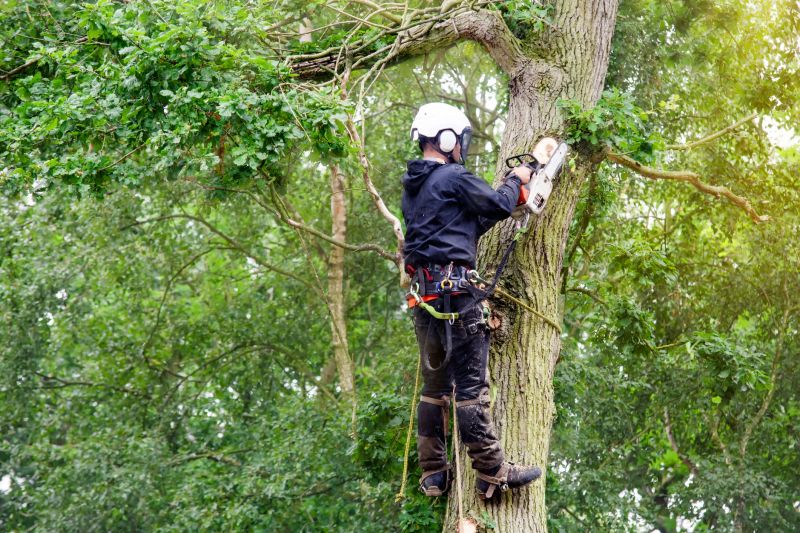
The short, realistic tool list for quality Arborist Service.
For those interested in scheduling arborist services, filling out the contact form provides an opportunity to discuss specific needs and optimal timing based on the property and local conditions.



